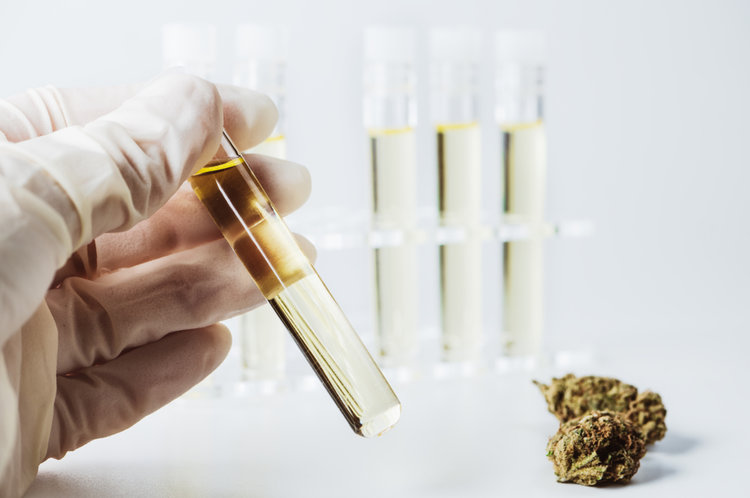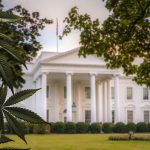A recent investigation led by Arizona State University uncovered concerning levels of Fusarium mycotoxins in illegal cannabis seized by authorities in Arizona and California.
The study, published in Environmental Health Perspectives, analyzed 118 cannabis samples confiscated between November 2023 and June 2024.
Researchers, headed by Professor Maxwell Leung, found that 16% of these samples contained harmful Fusarium mycotoxins, such as fusarenon-X and diacetoxyscirpenol, at levels exceeding safety standards typically applied to agricultural products. Fusarenon-X was notably present in concentrations between 500 to 1,700 parts per billion (ppb), significantly above established safety thresholds for foods.
“Exposure to Fusarium mycotoxins like fusarenon-X can cause severe vomiting and gastrointestinal distress,” explained Leung. Additionally, diacetoxyscirpenol, detected in multiple samples, is classified as a biological toxin and represents a serious health threat.
This study underscores significant health risks associated with the unregulated cannabis market, particularly highlighting dangers for immune-compromised individuals or medicinal cannabis users. Despite legal cannabis markets having rigorous testing standards, illicit cannabis—valued at approximately $76 billion annually in the U.S.—remains largely unchecked and poses substantial public health concerns.
Researchers emphasize the urgency of addressing these safety risks, urging more comprehensive testing and regulatory oversight to protect consumers from contaminated cannabis products, particularly given the predominance of black-market cannabis in circulation.






